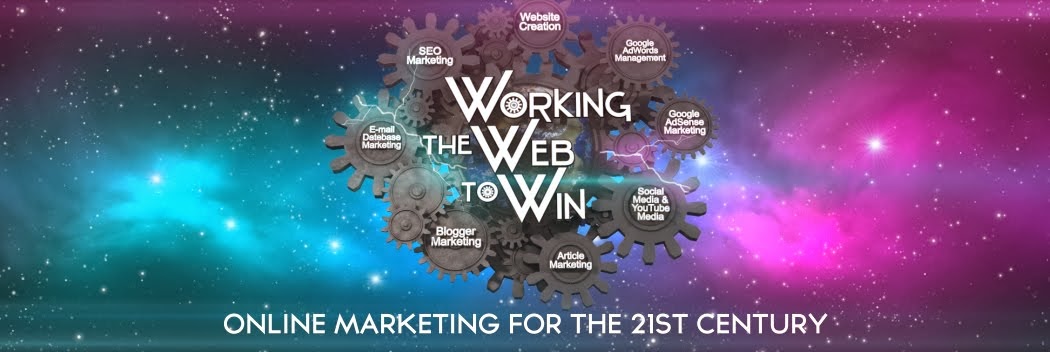 |
| Courtesy of Flickr |
If you think that cell phone-speak is an arcane corruption of the English language, you will appreciate this article where we cover how cyber babble got its start and how it continues to proliferate online. Ever since the first computer geeks started noodling around with computer code, there has been a disconnect between the way technical people communicate with one another and the Queen's English. As different as the language was back in Shakespeare's day, to the present idiom, the question is one of whether cyber babble is just a flash in the pan, or whether it represents a true evolution in our mother tongue. So, if you don’t know a SERP from an ALT tag, this is the article you’ll want to read. OMG, LOL (Oh my God and Laugh Out Loud or Lots of Love depending on how you use it).






